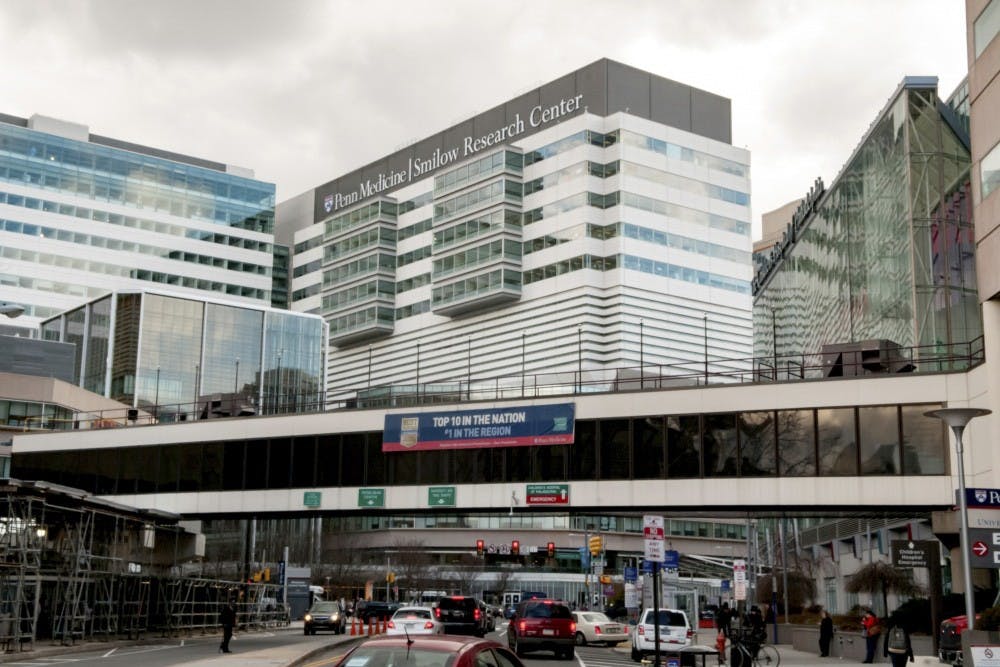While standing at the nursing station, Perelman School of Medicine student Daniel O’Connor listened as professor in dermatology and internal medicine Misha Rosenbach consulted with a sarcoidosis patient. When Rosenbach suggested that there should be an app for patients with this disease, O’Connor, an experienced coder, said, “I can help!”
Over a year after this “serendipitous” encounter, Rosenbach and O’Connor launched the app, “Sarcoidosis” on Jan. 17. Sarcoidosis is an uncommon disease causing inflammation in different organs that Rosenbach said is found in 10 to 30 out of every 100,000 people, and in the United States, predominantly affects black women.
Rosenbach said he sees a particularly high number of patients with sarcoidosis because of the demographics of the Philadelphia area and Penn’s combined dermatology and internal medicine program.
“Sometimes patients with less widely known diseases will go to a doctor, and even the physician won’t know very much about these less common diseases,” Rosenbach said.
O’Connor developed the app through Apple’s ResearchKit, which is designed to provide a framework for medical apps. ResearchKit has been used to develop 16 medical apps, but O’Connor pointed out that most of them address prevalent diseases such as asthma and diabetes.
The Sarcoidosis app provides information about the disease, links patients to support groups and features a map of nearby doctors who have indicated experience with the disease.
Since the app has been released, it has been downloaded approximately 600 times, with 300 patients agreeing to participate in research. Rosenbach said that the largest sarcoidosis research study to date featured 700 people over the course of multiple years and required over $1 million in funding.
“In two weeks we are halfway there, and it hasn’t cost anything close to that or required anything close to that,” Rosenbach said.
The other primary goal of the app is to engage sarcoidosis patients in longitudinal research. It will send out regular surveys using the Sarcoidosis Assessment Tool, which is the standard patient self-assessment exam for the disease. Rosenbach plans to look for correlations between survey answers and other information provided by the phone, such as weather or step-counting.
“A lot of times the way the government decides what areas to allocate research funding into is based on either how many patients are bothered by it or how much it impacts quality of life,” Rosenbach said.
Kelli Beyer, the director of education and outreach for the Foundation for Sarcoidosis Research, said the organization has been working on the project since O’Connor reached out in the beginning of 2016. FSR provided their support group and physician directory for the app’s features, and uses social media, newsletters and other platforms to support the app among patients.
She said the long-term goal of the app is to ensure that it continues to expand.
Currently the app is only available in English, on the iPhone and in the U.S. With continued success, she and O’Connor agreed that they can pursue broader accessibility, such as featuring different languages or developing an Android app.
“We think that [the study of] rare disease has maybe even more potential in this area just because with [more prevalent diseases] it is easier to get large numbers of patients involved.” O’Connor said, “For us to get critical numbers and ask the most basic questions is something that’s very powerful and useful.”









